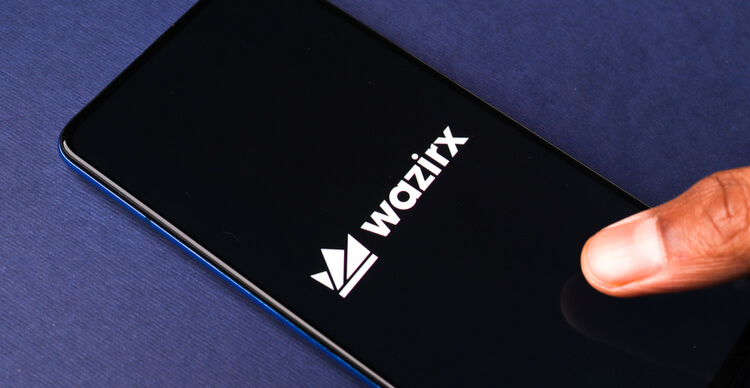Ethereum Classic is an open-source cryptocurrency platform. This decentralized blockchain-based cryptocurrency runs as a smart contracts network. Ethereum Classic, otherwise known as ETC, hosts and supports decentralized applications (DApps). ETC was launched in July 2016. Ethereum Classic is a hard fork of Ethereum blockchain. The Ethereum blockchain was split into two, with Ethereum Classic (ETC) being the original and Ethereum (ETH) being the newer blockchain.
What is Ethereum Classic?
Ethereum Classic or ETC is an open-sourced decentralized blockchain network that runs smart contracts without the need for third-party interference. ETC was created as a result of a hack. After the hack, the Ethereum blockchain was demerged into two. ETC remained the original blockchain, and the new blockchain was named Ethereum (ETH).
Ethereum Classic decentralizes governance over smart contracts. ETC blockchain runs these contracts autonomously, preserving the principle of “Code is Law.” In this way, the contracts can be carried on without the involvement of a third party, such as a lawyer.
ETC uses the if-then nature of smart contracts. These contracts are basically like if-then statements, so ETC blockchain monitors these contracts. If the actions required within the contract have been fulfilled, then the responding contract parameters would be completed. However, if the parameters of the contract are not met, then based on the terms of the contract, a penalty might be implemented. The penalty might be a fee, or the contract might be voided. Of course, these penalties depend on the terms established at the onset of the contract.
These contracts are written in lines of code in accordance with the terms that buyer and seller have agreed on. Since these coded contracts are self-executing, there is no need for external monitoring or censoring by a central authority since the code controls the execution of the contract.
Consider, for example, in a car contract, if the contract stated that an upfront deposit was to be paid on a specific date, and the funds were not received, then the contract could be voided.
History of Ethereum Classic
ETC is one of the chains of Ethereum blockchain founded by Vitalik Buterin and Gavin Wood.
Ethereum blockchain was launched initially in 2013 as a network facilitating smart contracts transactions. The cryptocurrency used in the Ethereum blockchain was called Ether. But in 2016, the Ethereum blockchain was hacked, and $50 million worth of assets were stolen from Ether owners.
To return the stolen funds to their rightful owners and secure the network, the founders of Ethereum split the blockchain into two. This split resulted in a fork, meaning that two versions of Ether were in existence simultaneously. The new blockchain was named Ethereum or ETH, and the initial blockchain was renamed Ethereum Classic or ETC.
What does Ethereum Classic do?
ETC blockchain tries to preserve the Ethereum blockchain before the fork. Ethereum classic is still trying to become a global payment network using decentralized governance on smart contracts.
Why invest in ETC?
ETC is still a valuable cryptocurrency and can be bought, sold, and saved like other altcoins of value. According to Investopedia, “The digital store of value for crypto includes its purchasing power that can be quickly turned into cash or used to buy another asset, similar to money.” So Ethereum Classic can have a bright future. And considering that it was founded by the founders of ETH, which holds second place in the market, it seems like a good candidate to invest in. So, if you want to buy some ETC as a part of your portfolio, stop wasting time. Click here to trade ETC on Bitunivex right now.




